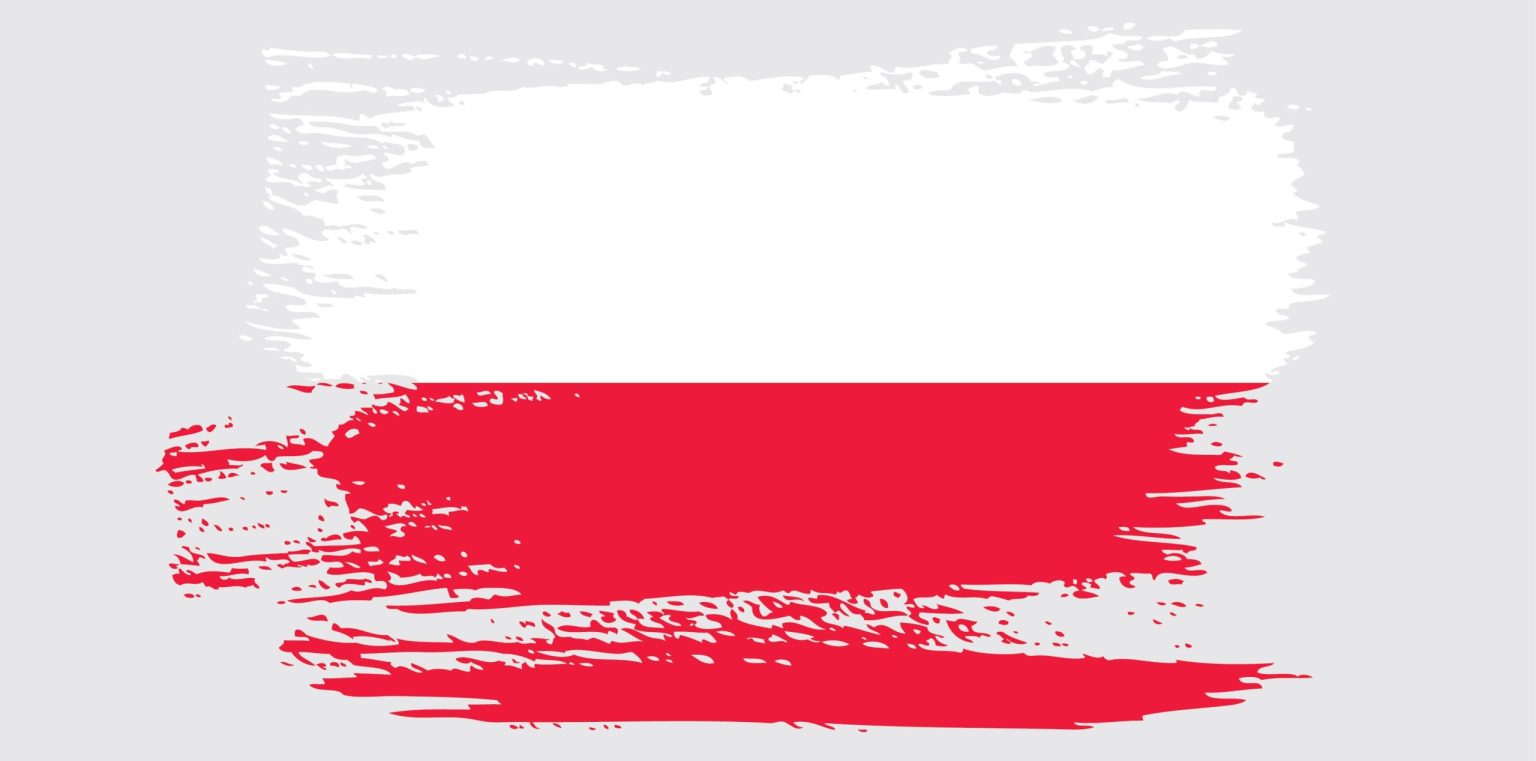Listen to the article
Disinformation Landscape in Poland: A Growing Challenge to Democratic Society
Poland’s battle with disinformation has evolved significantly over the past decade, transforming from an overlooked issue into a critical threat to social cohesion and democratic processes. What was once dismissed by political elites and citizens alike has now become a powerful force shaping public opinion on key national issues.
The seeds of Poland’s vulnerability to disinformation were evident as far back as 2015, when anti-immigrant narratives played a crucial role in the Law and Justice party’s (PiS) electoral victory. These sentiments intensified during the 2021 Polish-Belarusian border crisis, fundamentally altering Polish attitudes toward migration. False claims about Foreigners’ Integration Centers, alleged migrant crime waves, and Muslim holiday celebrations continue to rank among the most pervasive and damaging disinformation narratives circulating in Poland.
The COVID-19 pandemic further exposed the country’s susceptibility to false information. Despite government pro-vaccination efforts, Poland remained one of the EU’s least vaccinated nations. This widespread rejection of public health measures, fueled by unchecked misinformation, contributed directly to Poland’s elevated COVID-19 mortality rates.
Social movements have also been targets of coordinated disinformation campaigns. During the women’s strikes against restrictive abortion laws in autumn 2020, far-right activists and journalists generated numerous falsified narratives around reproductive rights. The Constitutional Tribunal’s ruling effectively banned abortion due to fetal abnormalities, and despite triggering the largest public protests since 1989, the decision remains in force today.
Russia’s full-scale invasion of Ukraine in 2022 marked a pivotal moment in Poland’s relationship with disinformation. Thousands of social media accounts that previously spread anti-vaccine content quickly pivoted to anti-Ukrainian messaging. Initially, Polish society showed remarkable resilience, offering substantial support to Ukrainian refugees and demonstrating immunity to Kremlin propaganda. This crisis temporarily increased public awareness about disinformation tactics.
However, by late 2023 and early 2024, economic tensions between Poland and Ukraine began eroding this solidarity. Anti-Ukrainian sentiment has grown considerably, providing fertile ground for far-right organizations to amplify these divisions for political gain.
More recent disinformation efforts have targeted European Union initiatives, particularly the European Green Deal. Social media platforms routinely feature alarmist narratives claiming the policy aims to destroy Poland’s economy or eliminate the coal mining industry, creating a politically charged environment around climate action.
National security has emerged as another critical disinformation battleground since the Ukraine war began, intensifying after Donald Trump’s election as U.S. president. Russian influence operations have exploited this uncertainty with campaigns designed to undermine confidence in Poland’s government and defense capabilities, portraying the country as vulnerable and its security apparatus as ineffective.
The 2025 presidential elections highlighted yet another disinformation vector: the so-called “Romanian scenario.” Right-wing politicians spread fears that if their preferred candidate lost, the election results would be annulled and repeated to ensure the ruling party’s victory against voters’ wishes. This narrative gained significant traction on social media, stoking emotional reactions among the electorate.
Poland’s experience demonstrates how quickly disinformation can evolve to exploit changing social and political circumstances. What began as isolated campaigns targeting specific issues has developed into a sophisticated ecosystem that threatens democratic discourse across multiple domains. As polarization increases and trust in institutions declines, the challenge of combating false information while preserving freedom of expression remains one of Poland’s most pressing democratic challenges.
Fact Checker
Verify the accuracy of this article using The Disinformation Commission analysis and real-time sources.




9 Comments
Combating disinformation is a critical challenge for Poland as it seeks to strengthen its democratic institutions. Tackling false narratives around sensitive issues like migration and public health will require a multifaceted approach.
It’s concerning to see how disinformation has taken hold in Poland, undermining social cohesion and democratic processes. Addressing the root causes and building societal resilience will be key to overcoming this threat.
Agreed. Poland needs to invest in media literacy, strengthen fact-checking, and increase transparency around information sources to empower its citizens against manipulation.
It’s alarming to see how disinformation has become a powerful force shaping public opinion in Poland. Strengthening democratic institutions and building societal resilience will be key to countering this threat.
Agreed. Poland needs to invest in media literacy, fact-checking, and transparency to empower its citizens and protect its democratic processes from manipulation.
The pervasive nature of disinformation in Poland, as seen during the border crisis and pandemic, highlights the urgent need for a comprehensive, multi-stakeholder approach to address this challenge.
Poland’s vulnerability to false narratives around sensitive issues like migration and public health is deeply concerning. Addressing the underlying factors that make its citizens susceptible to manipulation should be a top priority.
Disinformation can have far-reaching consequences, as we’ve seen in Poland. A holistic, multi-stakeholder approach involving government, civil society, and tech platforms will be crucial to addressing this challenge effectively.
The spread of disinformation during the Polish-Belarusian border crisis and the COVID-19 pandemic highlights the urgent need for Poland to develop comprehensive strategies to combat online misinformation and restore public trust.